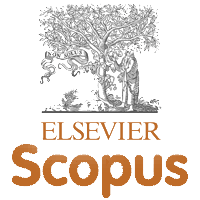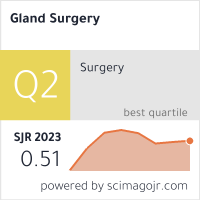A COMPARATIVE ANALYSIS OF READING DISABILITY IN MIDDLESCHOOL STUDENTS OF WESTERN UP.
Abstract
Education plays a substantial role in shaping the overall well-being and societal development of a nation. The primary source of professional skills and intellectual development for children is predominantly through formal education in schools. Educational institutions serve as the primary setting wherein children with disabilities can cultivate their individuality and acquire the requisite competencies essential for autonomous functioning within society. The concept of disability is complex and nuanced. The concept under consideration exhibits a lack of a definitive and stable definition, as it is subject to continuous fluctuations influenced by evolving legal, political, and social discourses both at the international level and inside individual nations.
The researcher diligently endeavoured to understand the extent of difficulties faced by children with learning disabilities. The aim was to improve the academic achievements of individuals affected by inability to read effectively.
In order to facilitate the education of children diagnosed with reading disability, it is imperative to administer appropriate remedial interventions employing suitable strategies, resources, and technology in the most opportune settings and timeframes. The researcher establishes specific objectives and formulates hypotheses for the study, thereafter employing the survey research method to gather data. Data pertaining to children with different abilities from Uttar Pradesh was gathered, and the acquired data was subjected to analysis and interpretation using descriptive statistical techniques such as calculating the mean (M) and standard deviation (SD). The t-test, a commonly used inferential statistical technique, was employed to examine the statistical significance of the mean differences across several groups as a collective entity.





